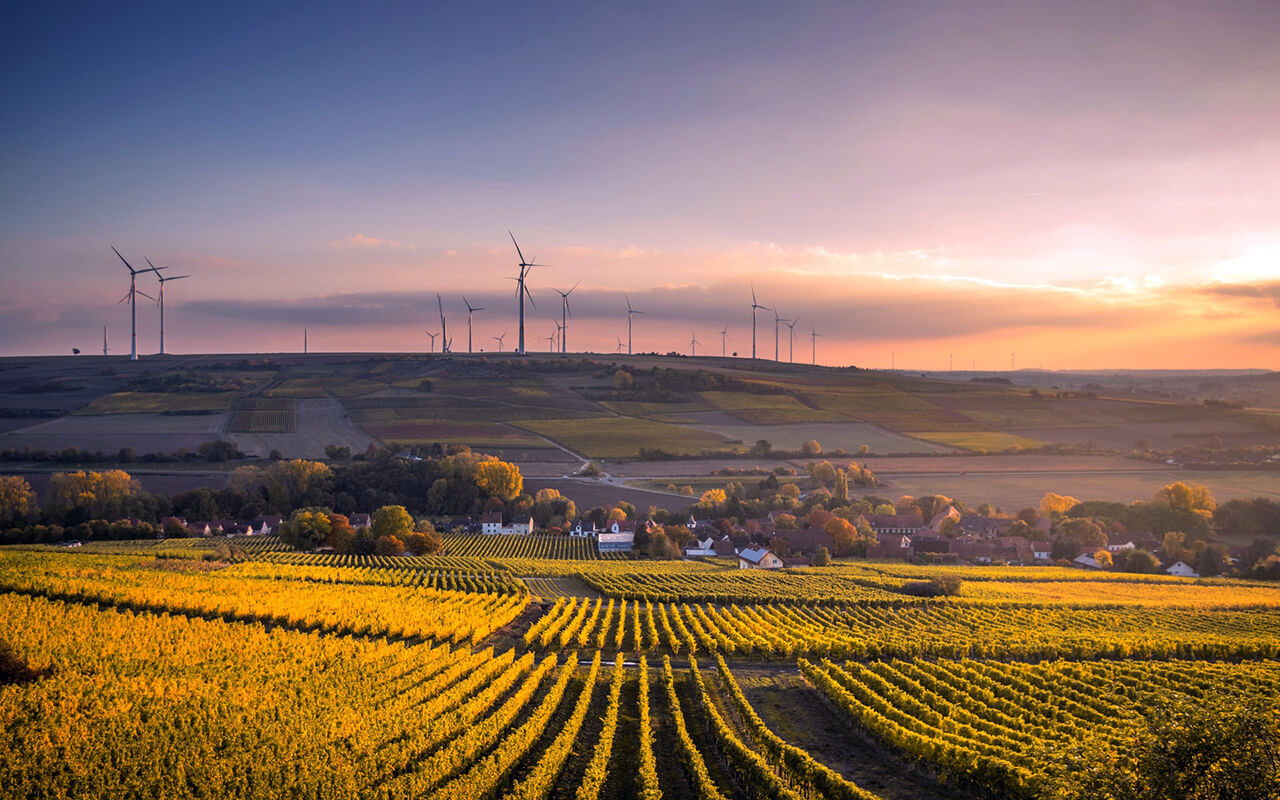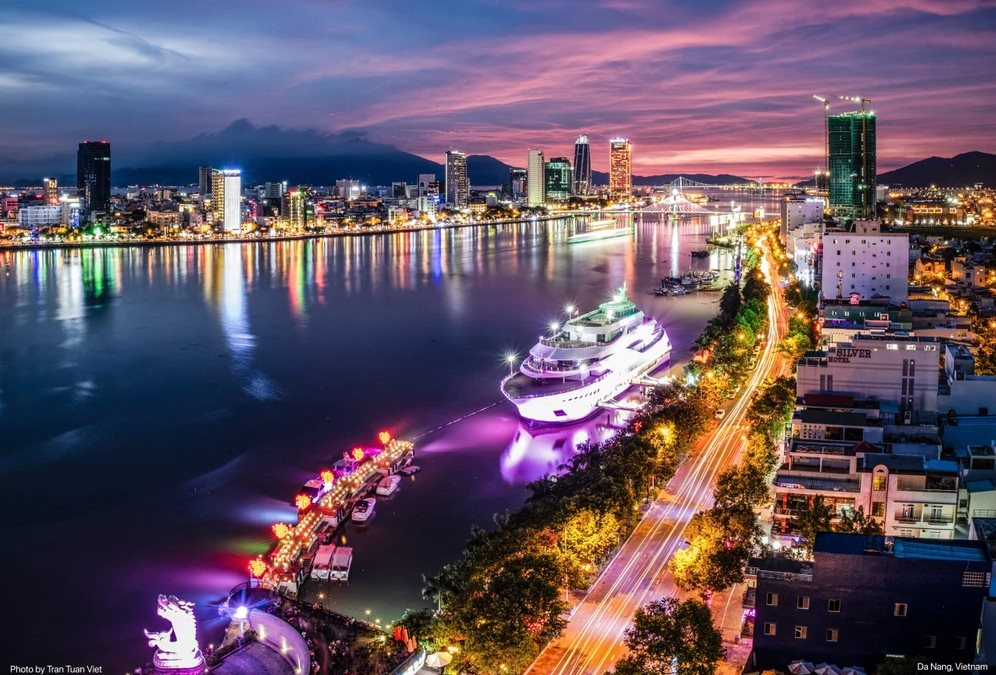Hanoi, Vietnam – 23 January 2019 – Leading global management consulting firm McKinsey & Company today released a whitepaper “Exploring an alternative pathway for Vietnam’s energy future”, that evaluates how Vietnam could meet its growing energy demand at the lowest cost, with the best opportunity for capital formation, the least impact on public budgets and with the least risk.
“As one of the 18 outperforming emerging economies we identified globally, Vietnam needs more capacity to meet the rapidly growing energy demand it requires for sustained growth. The path Vietnam chooses to build this capacity will have far-reaching implications on GDP growth potential, trade, environmental performance and energy security,” says Marco Breu, Managing Partner, Vietnam, McKinsey & Company.
The research found that Vietnam’s significant natural endowments of solar and wind power, combined with a significant drop in the capital costs of solar and wind over the past five years – 75 percent decrease in solar costs and 30 percent decrease in the cost of wind – strongly positions renewables to be a more affordable source of electricity than traditional thermal generation in the long run.
The research suggests that a renewables-led pathway could help Vietnam’s power sector perform better than the current trajectory along three critical dimensions:
- Cost. Overall power costs between 2017 and 2030 would be reduced by 10 percent, primarily driven by savings in fuel costs resulting from a move away from high levels of fuel-intensive thermal generation.
- Cleanliness. Greenhouse gas and particulate emissions would be reduced by 32 and 33 percent respectively between 2017 and 2030. This would also boost health and economic productivity.
- Security. The renewables-led pathway relies on 28 percent less total fuel and 60 percent fewer imports. This would significantly reduce Vietnam’s reliance on fuel imports and fossil fuels. Investments in renewables could also create up to 465,000 additional jobs.
“There is no silver bullet that will solve Vietnam’s energy challenges. The ability to meet rapidly growing demand while keeping costs low will depend on the creation of financial and regulatory infrastructure that make the market attractive to capable renewables developers,” says Antonio Castellano, Partner and Co-lead, Electricity and Natural Gas Practice, Southeast Asia, McKinsey & Company.
The whitepaper also discusses the keys that could unlock a renewables-led pathway. These include creating suitable market conditions for renewables development, building the country’s capabilities to deliver large scale renewables projects in partnership with capable international developers, and expanding natural-gas generation’s role in the country’s power plan.
“This is a watershed moment for Vietnam. Renewables are potentially the lowest-cost option for Vietnam to meet its energy needs. Actions taken today to help lay the groundwork for renewables development, would offer the country the prospect of a less expensive, cleaner and more secure future,” says Castellano.



